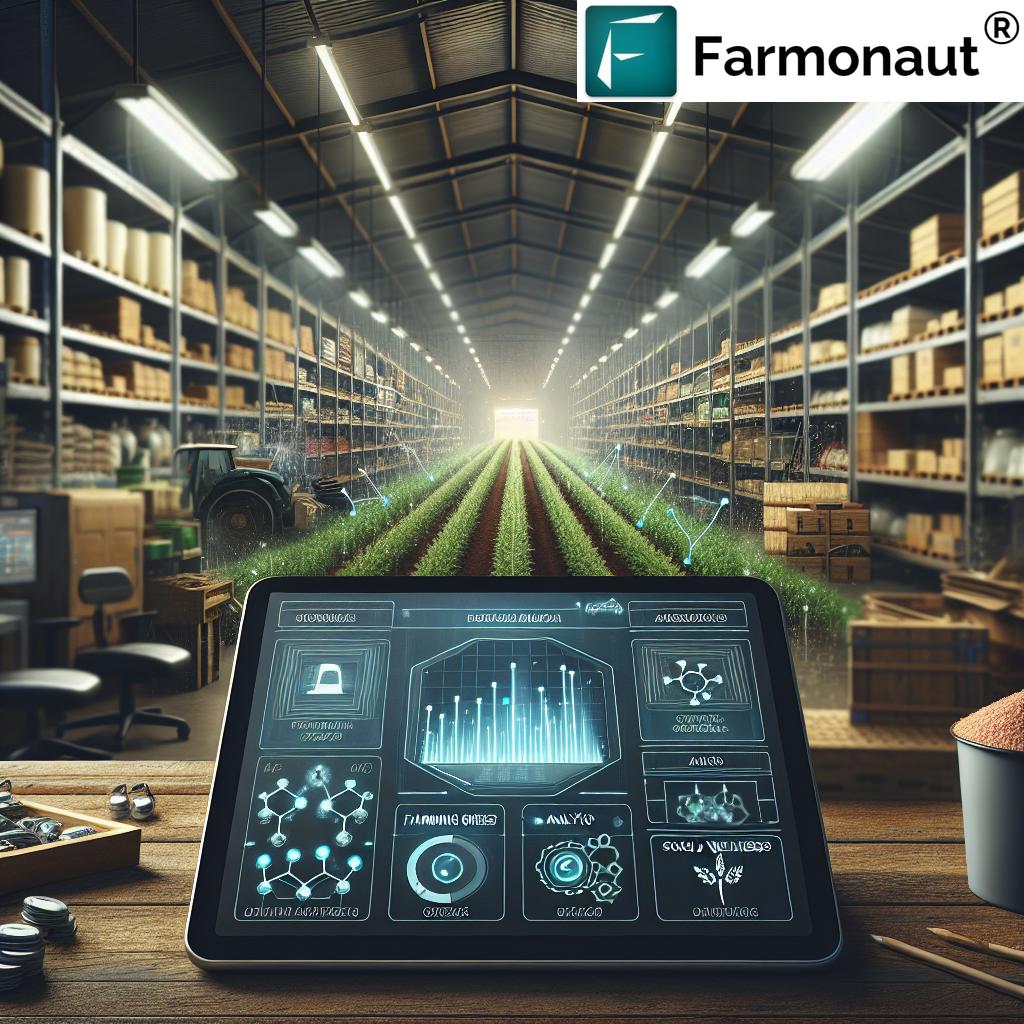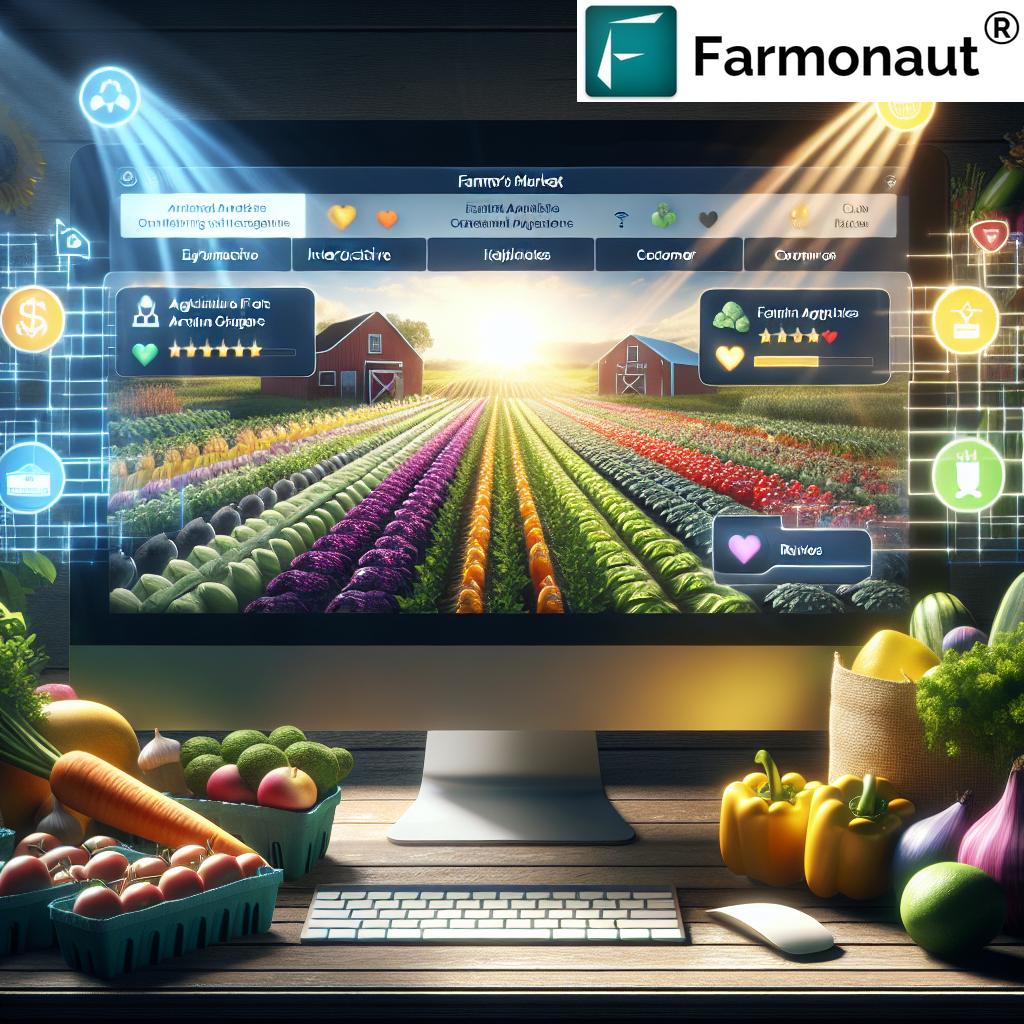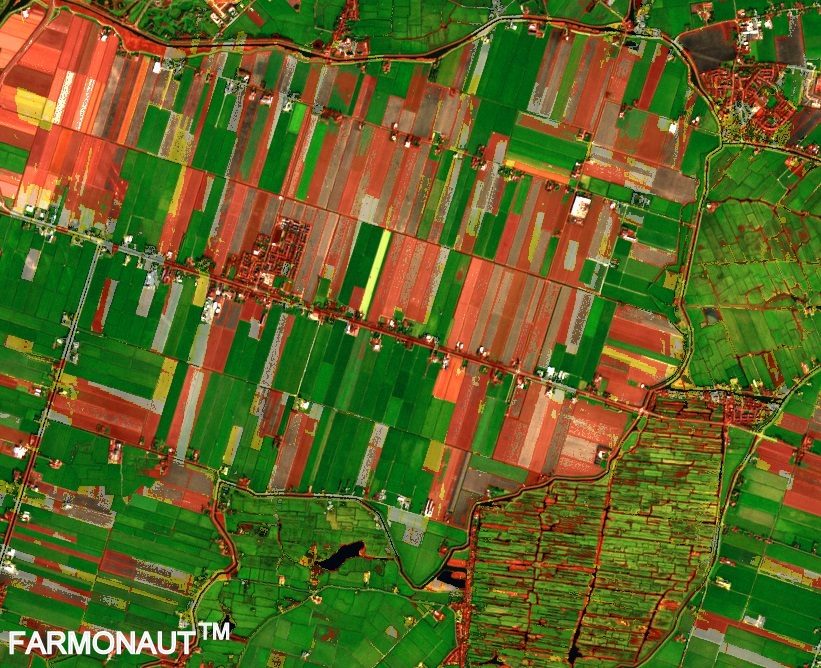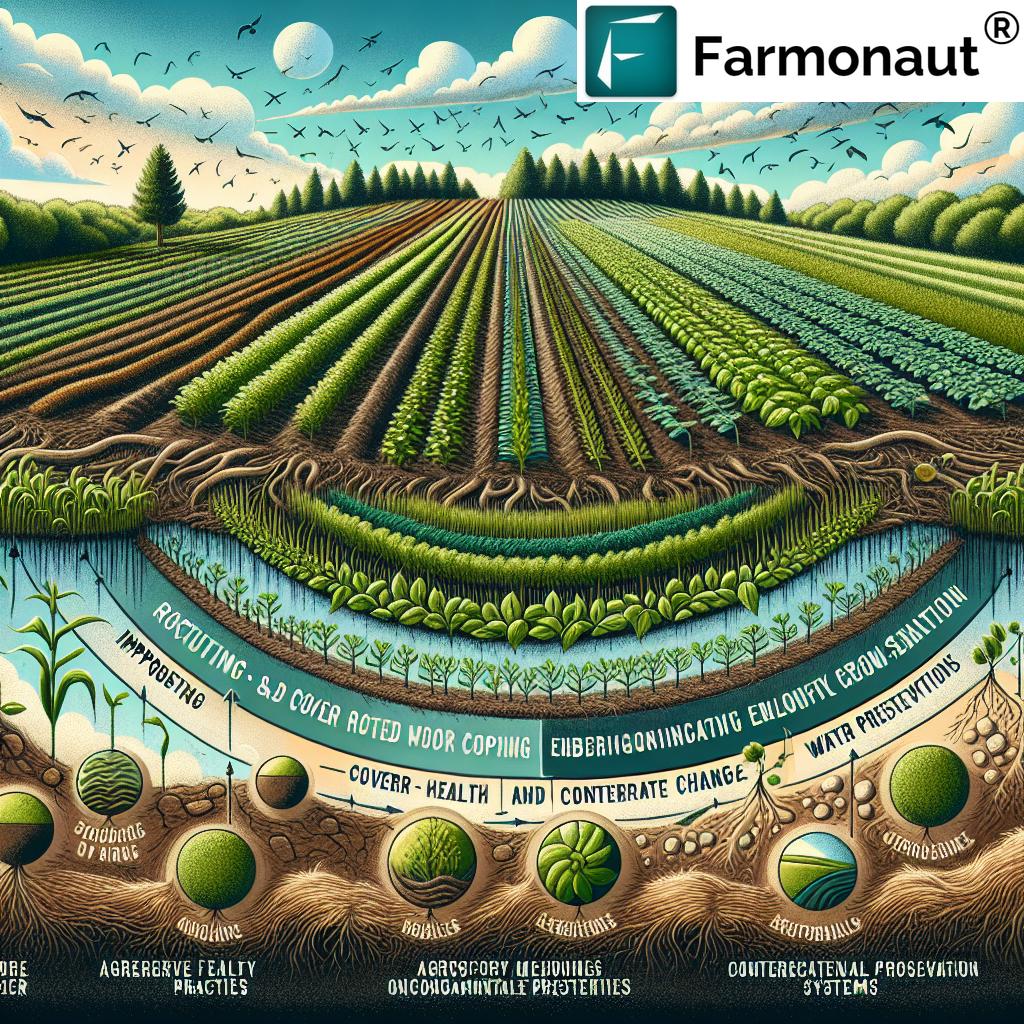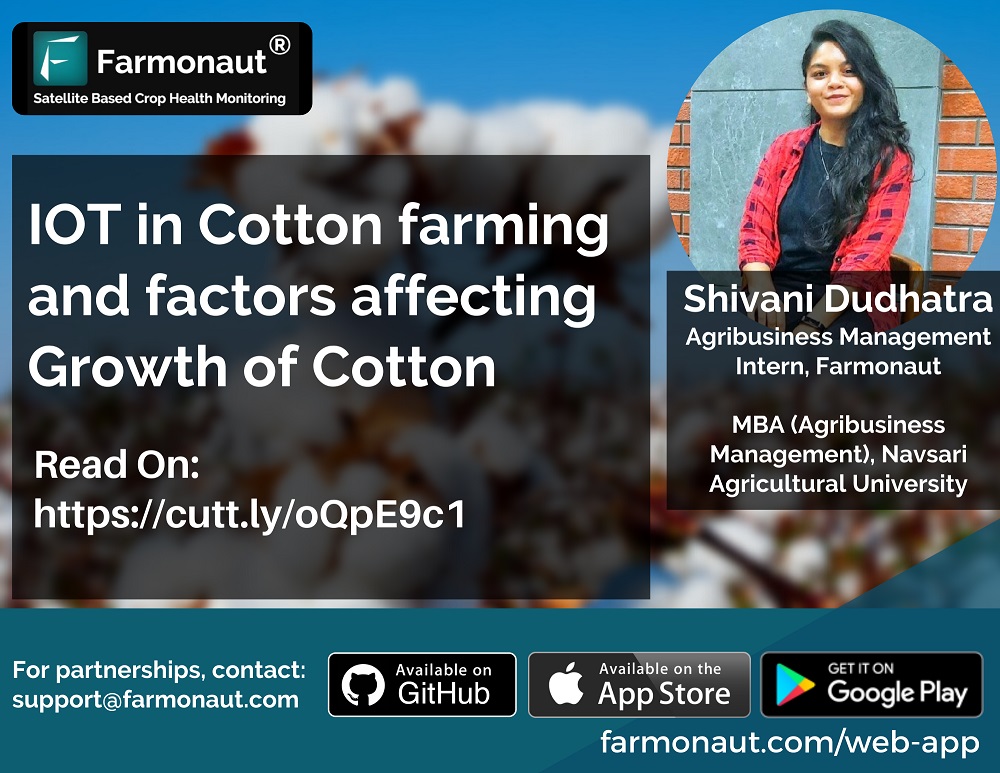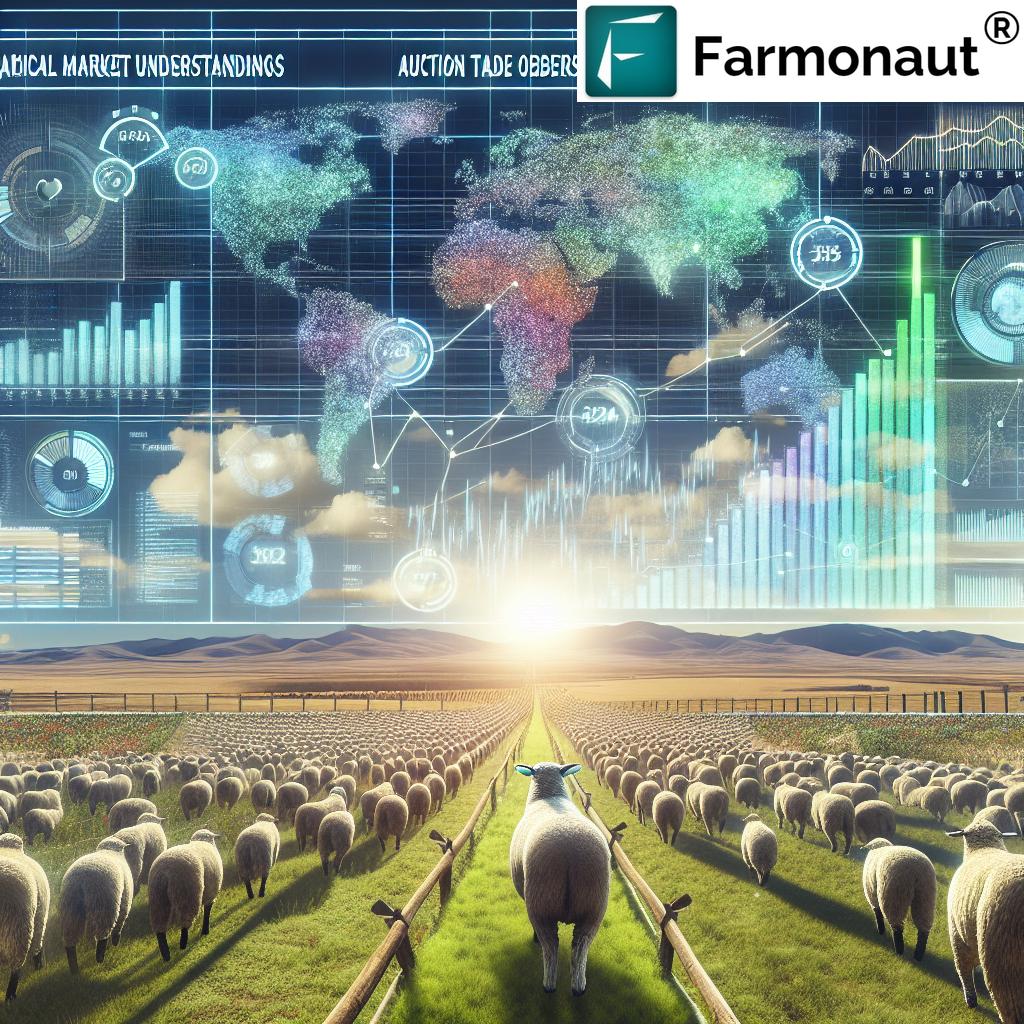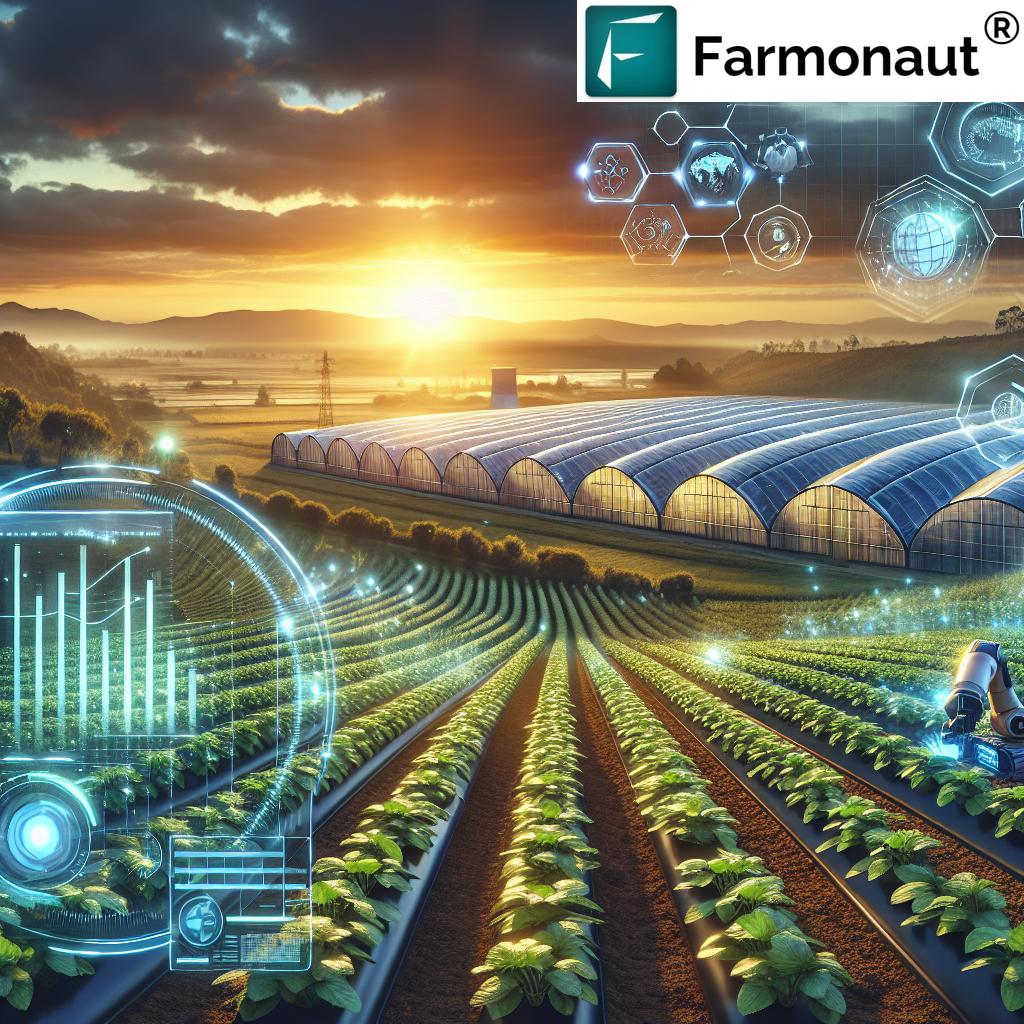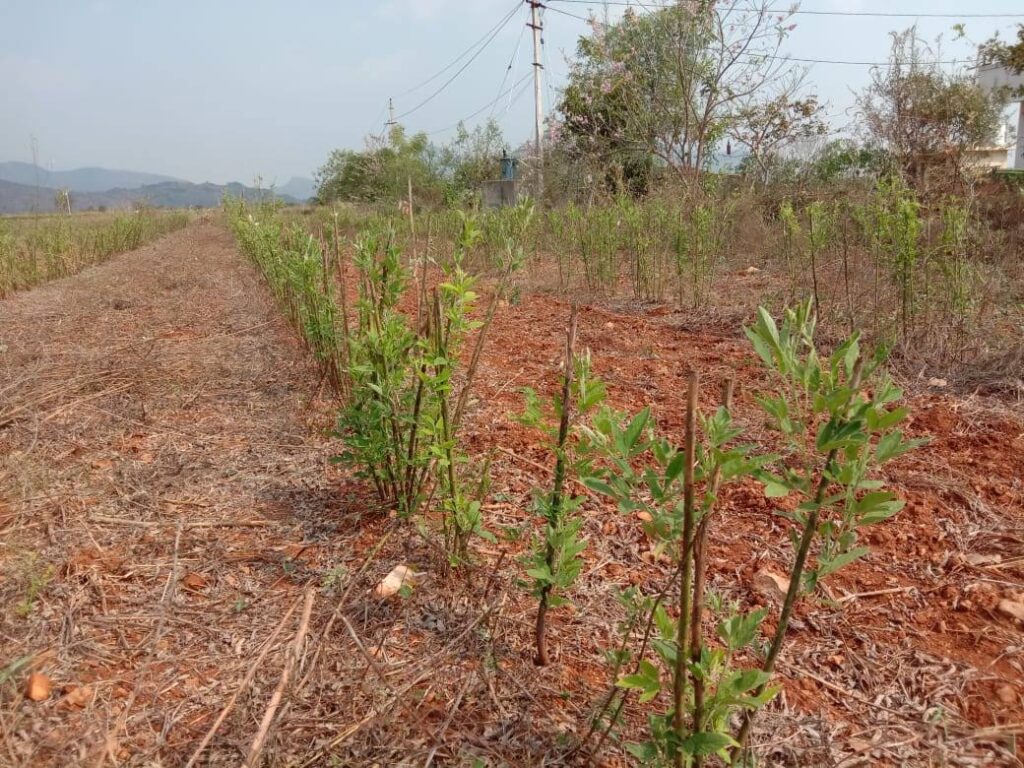Table of Contents
- Introduction: The Power of Digital Marketing in Agriculture
- The Importance of Digital Marketing in Agriculture
- Comparison Table: Digital Marketing Growth Hacks in Agriculture
- Digital Marketing for Agriculture: 9 Shocking Growth Hacks
- 1. Social Media Marketing for Farmers
- 2. Search Engine Optimization (SEO) for Agriculture
- 3. Content Marketing for Stakeholder Education
- 4. Driving Engagement with Email Marketing
- 5. Pay-Per-Click (PPC) and Google Ads
- 6. Influencer Marketing in Agri-Business
- 7. E-commerce & Farmers Online Marketplaces
- 8. Leveraging Video Marketing for Agriculture
- 9. Mobile Marketing in Modern Agriculture
- Farmonaut: Powering Agricultural Digital Transformation and Sustainable Practices
- The Future of Digital Marketing in Agriculture
- FAQs: Digital Marketing in Agriculture
- Conclusion: Embracing Digital Growth in Agriculture
“Over 70% of agri-businesses saw increased yields after adopting digital marketing and tech platforms in 2023.”
Digital Marketing for Agriculture: 9 Shocking Growth Hacks
Digital marketing has revolutionized the agriculture sector, empowering farmers, agri-businesses, and forestry enterprises with innovative ways to connect with consumers, promote products, and boost operational efficiency. In this era, where technology and agricultural technology platforms shape every aspect of our lives, it’s crucial for stakeholders to embrace digital tools and sustainable farming practices—transforming traditional farms into powerful, data-driven businesses.
In this comprehensive guide, we reveal 9 shocking digital marketing growth hacks—from social media for farmers to precision agriculture SEO strategies—that will help you scale your agricultural operations, enhance product traceability, and drive market success. Whether you’re a smallholder farmer or a leading agribusiness, these strategies will empower you to navigate the digital landscape, increase visibility, and foster trust with a diverse global audience.
The Importance of Digital Marketing in Agriculture
Before we dive into actionable growth hacks, let’s examine why digital marketing is indispensable for agriculture. Our sector is transforming, with precision technology, GIS data, sustainable farming practices, and online market platforms reshaping every stage of the supply chain. The modern agricultural customer expects transparency, rapid communication, and access to high-quality products—delivered efficiently and sustainably.
- Expand Reach: Digital tools empower us to access global markets, local communities, and new audiences with ease.
- Educate Consumers: We can share sustainable farming practices, product origins, disease/pest/weed management tips, and more across interactive platforms.
- Enhance Engagement: Social media, videos, blog content, and customer comments enable ongoing, real-time conversations.
- Boost Sales & Build Trust: Targeted ad campaigns, transparent supply chain traceability, and blockchain verification increase product visibility and consumer confidence.
Embracing agricultural digital transformation is no longer optional—it’s essential for survival and long-term growth.
Comparison Table: Digital Marketing Growth Hacks in Agriculture
| Growth Hack Name | Brief Description | Estimated ROI (%) | Ease of Implementation (1-5) | Sustainability Impact |
|---|---|---|---|---|
| Social Media Marketing | Use platforms like Facebook, Instagram, LinkedIn to engage, educate, and drive brand visibility. | 80–150% | 5 | Medium |
| SEO | Optimize websites/content to rank for farm and produce-related keywords on Google. | 60–130% | 3 | High |
| Content Marketing | Regular blog posts, videos, and case studies that build authority and educate consumers. | 70–140% | 4 | High |
| Email Marketing | Segmented newsletters, offers, and updates sent directly to customers’ inboxes. | 90–160% | 4 | High |
| PPC Ads | Targeted ads on Google and social media to reach specific agriculture audiences. | 100-170% | 2 | Medium |
| Influencer Marketing | Partner with ag or food influencers to access broader trust-based audiences. | 120-180% | 3 | Low |
| E-commerce/Marketplaces | Sell directly via online farm marketplaces or standalone web stores. | 110–160% | 3 | High |
| Video Marketing | Create farm tours, demos, and educational videos for YouTube, Instagram, TikTok. | 75–145% | 4 | Medium |
| Mobile Marketing | Optimize all touchpoints for mobile, including SMS, location targeting, and app marketing. | 80–120% | 5 | High |
“Nine digital growth hacks boosted online agri-sales by up to 150% for tech-savvy farmers last year.”
Agricultural Digital Transformation: 9 Shocking Growth Hacks
Let’s discover how to implement digital marketing in agriculture and leverage agricultural technology platforms effectively. By integrating these strategies, we ensure sustainable growth, enhanced traceability, customer trust, and scalable market reach.
1. Social Media Marketing for Farmers
Social media for farmers is now a cornerstone of modern agri business marketing. Platforms like Facebook, Instagram, LinkedIn, and YouTube offer invaluable tools for:
- Showcasing Products: Share stunning images and videos of your produce, livestock, forestry products, and farming practices.
- Engagement & Education: Post farm updates, answer comments, and launch interactive community campaigns.
- Community Building: Join agriculture-focused Facebook groups and create partnerships with industry influencers to reach a broader audience.
- Campaigns & Targeting: Use Facebook/Instagram ads with target-based criteria (location, demographics, interests) to promote new harvests or events.
For sustainable growth, our online presence must be consistent and engaging, fostering lasting relationships and trust among both global and local audiences.
2. Agriculture SEO Strategies: Supercharge Your Online Visibility
SEO (Search Engine Optimization) is critical for ensuring your agricultural business appears at the top of relevant Google searches. Let’s explore agriculture SEO strategies that will boost your organic website traffic, connect you with consumers, and increase product sales:
- Keyword Research: Identify high-value keywords relating to your region, products, and services (e.g., “organic wheat in Maharashtra” or “precision farming GIS tools”).
- On-Page Optimization: Implement keywords naturally in website headlines, product descriptions, alt tags, and blog content.
- Local SEO: Use location-specific keywords and claim your Google My Business profile for local visibility.
- Mobile Optimization: Ensure your website is mobile responsive and quickly loads on all devices.
- Quality Content: Consistently produce relevant, educational blog articles and resource pages.
Implementing the right SEO strategies will continually help your farm products, services, and brand stand out from competitors across the sector.
3. Content Marketing in Agriculture: Educate, Engage, and Lead
Content marketing positions us as a source of authority, trust, and innovation in the modern agriculture sector. Educational content drives engagement, builds credibility, and addresses consumer concerns about sustainability, traceability, and farm practices. Here’s how to maximize this approach:
- Educational Blogs & Guides: Write articles on topics like precision farming, irrigation, pest management, and sustainability practices.
- Expert Videos and Tutorials: Share step-by-step videos (on YouTube, Instagram, Facebook) on key issues such as crop scouting or using new technology platforms.
- Infographics & Whitepapers: Present data and technology trends in digestible, visually appealing formats.
- Case Studies: Showcase how innovative input management or blockchain-based farm product traceability improves outcomes, increasing consumer confidence.
Educational content is invaluable for consumer education, community engagement, and sector leadership.
4. Driving Engagement with Email Marketing
Despite the rise of social and mobile platforms, email marketing remains one of the most effective tools for direct engagement and customer loyalty in agriculture. Key strategies include:
- Building Lists: Collect customer emails through website sign-ups, social campaigns, or offline events.
- Segmentation: Group subscribers based on geography, buying behavior, or crops of interest for tailored content.
- Value-Driven Campaigns: Send newsletters featuring industry updates, educational resources, crop protection advice, and promotions.
- Automation: Use automated drip campaigns to nurture prospects and onboard new customers.
Given that email marketing has a reported ROI up to 40 times higher than social platforms, we must leverage targeted campaigns to maximize sales and engagement at every stage of the buyer journey.
5. Pay-Per-Click (PPC) and Google Ads: Reach the Right Audience Fast
Paid digital advertising—in the form of Google Ads, Facebook Ads, and more—puts your agricultural products directly in front of target customers. PPC strategies allow us to:
- Appear in Search Results: Target buyer-intent keywords (e.g., “organic rice near me” or “disease-resistant wheat seeds”).
- Precise Targeting: Segment your campaigns by age, location, crop type, or even device for maximum relevance and conversion.
- A/B Testing: Test ad copy, images, and calls-to-action to optimize every campaign.
- Real-Time Analytics: Analyze click-through rates, conversion data, and ROI to refine strategy and maximize budget efficiency.
PPC advertising drives quick visibility and immediate leads—especially powerful during seasonal campaigns or when launching new inputs or farm produce.
6. Influencer Marketing in Agri-Business
Influencer marketing leverages the credibility and reach of respected agricultural, food, or sustainability influencers to promote farm products, inputs, and sustainability initiatives.
- Authentic Content: Influencers can generate genuine reviews, demo new farm technologies, and share product experiences.
- Broader Audiences: Collaborating with chefs, nutritionists, or agri-tech advocates gives us access to larger, trust-based customer bases.
- Community Engagement: Host live discussions, Q&A sessions, or “farm day” events—amplifying engagement and education.
By aligning with credible voices, agri businesses can expand their brand reach, accelerate adoption of new technologies, and build meaningful, long-term customer relationships.
7. E-commerce & Farmers Online Marketplaces
With digital transformation, selling agricultural products online is becoming mainstream. Direct-to-consumer (D2C) strategies—using farmers online marketplaces or proprietary web stores—enable:
- Broader Reach: Tap into wider markets, including urban buyers and niche buyers looking for traceable, quality produce.
- Convenience: 24/7 shopping and payment options increase sales and customer satisfaction.
- Transparency: Online listings highlight certifications, product origins, and sustainability credentials, improving consumer trust.
- Customization: Offer harvest subscriptions, sample packs, or personalized bundles.
Participating in established online marketplaces or building your e-commerce platform is crucial to scaling and future-proofing any modern farm enterprise.
8. Leveraging Video Marketing for Agriculture
Video content is among the most engaging and shareable forms of media. In the agriculture sector, strategic video marketing can:
- Showcase Farm Life: Offer virtual farm tours, highlighting behind-the-scenes operations, harvest, and sustainable practices.
- Product Demonstrations: Visually explain the value of new seeds, soil management tools, or disease prevention solutions.
- Customer Testimonials: Feature real customer stories to boost product credibility and build trust with potential buyers.
- Launches and Events: Live-stream planting seasons, harvesting, or community events to involve global audiences.
Use YouTube, Instagram Reels, and TikTok for wide reach and high impact. Videos humanize your brand and make complex agricultural technologies accessible and exciting.
9. Mobile Marketing in Modern Agriculture
With over 70% of web traffic coming from mobile devices, mobile marketing is essential. Effective tactics for agriculture include:
- Mobile-Responsive Websites: Ensure your site looks and functions flawlessly on all device types.
- Text Message/SMS Marketing: Send time-sensitive updates, deals, or alerts about harvests and local market prices.
- Location-Based Offers: Use GPS targeting to reach nearby consumers or businesses with exclusive promotions.
- App-Based Engagement: Promote your digital farm management or online sales apps for ongoing customer connectivity.
Modern farm success depends on meeting your customers where they are—on their smartphones.
Farmonaut: Powering Agricultural Digital Transformation and Sustainable Practices
As pioneers in agricultural technology platforms, we recognize the transformative impact of data-driven tools on operational efficiency and sustainability. Farmonaut stands at the forefront of agricultural digital transformation by offering a suite of advanced tools for farmers, agribusinesses, governments, and researchers striving for global competitiveness.
- Satellite-Based Crop Health Monitoring: Get real-time insights on NDVI, soil moisture, resource use, pest, disease, and weed detection—enabling data-driven farming and input efficiency.
- Jeevn AI Advisory System: Personalized, AI-driven farm advice, weather forecasts, and risk mitigation for every field, via our Android, iOS, and web apps.
- Blockchain-Based Traceability: Use blockchain-powered traceability for supply chain transparency and enhanced consumer trust.
- Fleet and Resource Management: Monitor, optimize, and ensure the safety of logistics and agricultural machinery in real time—improving delivery efficiency and reducing costs.
- Carbon Footprinting: Track emissions and minimize environmental impact for sustainable farm operations and enhanced brand value.
The Farmonaut platform is scalable and affordable, providing solutions tailored for smallholder farmers, global agribusinesses, policy makers, and institutions. Access our flexible subscription packages, API integration for developers, and dedicated API developer docs.
Ready to transform your agricultural success?
The Future of Digital Marketing in Agriculture
The next wave of digital marketing in agriculture will harness advanced AI, blockchain, voice search, and real-time analytics to build resilient, competitive businesses. Let’s see what’s ahead:
- Artificial Intelligence: AI will analyze data on customer behavior, weather, crop health, and markets to create personalized, effective campaigns and farming strategies.
- Blockchain for Transparency: Blockchain technology enables end-to-end traceability, building consumer confidence and streamlining regulatory compliance.
- Voice Search: With the rise of smart devices, optimizing for voice search (including local language queries) will become crucial—especially in rural agricultural markets.
- GIS-Based Insights: Integration of GIS data, soil health, and weather updates into marketing campaigns will enable hyper-local targeting and resource efficiency.
- API-Driven Innovation: Platforms like Farmonaut’s satellite and weather data API will underpin next-generation agricultural service integration and research applications.
Are you ready to leverage these technologies and become a leader in the digital agriculture revolution?
FAQs: Digital Marketing in Agriculture
1. What is digital marketing in agriculture, and why is it important?
Digital marketing in agriculture refers to using online tools, agricultural platforms, and technologies (like social media, SEO, email, videos, and data analytics) to connect with customers, promote farm products, and optimize operational efficiency. It’s essential because it expands market access, builds consumer trust, and enables agility in a rapidly changing sector.
2. How can farmers use SEO strategies to gain new customers?
By identifying relevant keywords, optimizing content for search engines, and ensuring local visibility, farmers and agribusinesses can reach new customers searching for specific products, practices, or solutions online.
3. What are the best digital marketing tools for agriculture?
Key agriculture marketing tools include farm websites, e-commerce marketplaces, social media platforms, email automation, PPC campaign managers, video creation tools, and advanced farm management apps like Farmonaut.
4. How does product traceability improve agricultural marketing?
Supply chain transparency—enabled by blockchain-based product traceability—increases consumer confidence, helps secure premium prices, and differentiates brands in competitive markets.
5. What is the cost-effective way to adopt precision agricultural marketing?
Affordable, subscription-based digital agriculture solutions (like Farmonaut) deliver real-time data, AI-driven insights, and traceability without large hardware investments. These boost productivity while keeping costs low.
6. Can digital marketing help promote sustainable farming practices?
Absolutely. Content marketing, video storytelling, social campaigns, and blockchain transparency allow us to educate, engage, and build trust with customers seeking sustainable produce.
7. What are the main challenges in digital marketing for agriculture?
Key challenges include connectivity issues in rural regions, limited digital literacy among some farmers, and budget constraints for small businesses. However, government programs, affordable mobile solutions, and industry partnerships are helping bridge these gaps.
Conclusion: Embracing Digital Growth in Agriculture
The agriculture sector is undergoing rapid, technology-driven change. By adopting these 9 digital marketing growth hacks, integrating agricultural technology platforms like Farmonaut, and promoting sustainable farming practices, we can achieve unprecedented reach, operational efficiency, and market leadership. Let’s build a future where every farm—from smallholder to enterprise—benefits from digital transformation, data-driven decisions, and trusted, transparent supply chains.
Start your journey now:
Stay informed, stay competitive, and drive sustainable success with the right digital strategies at your side!


